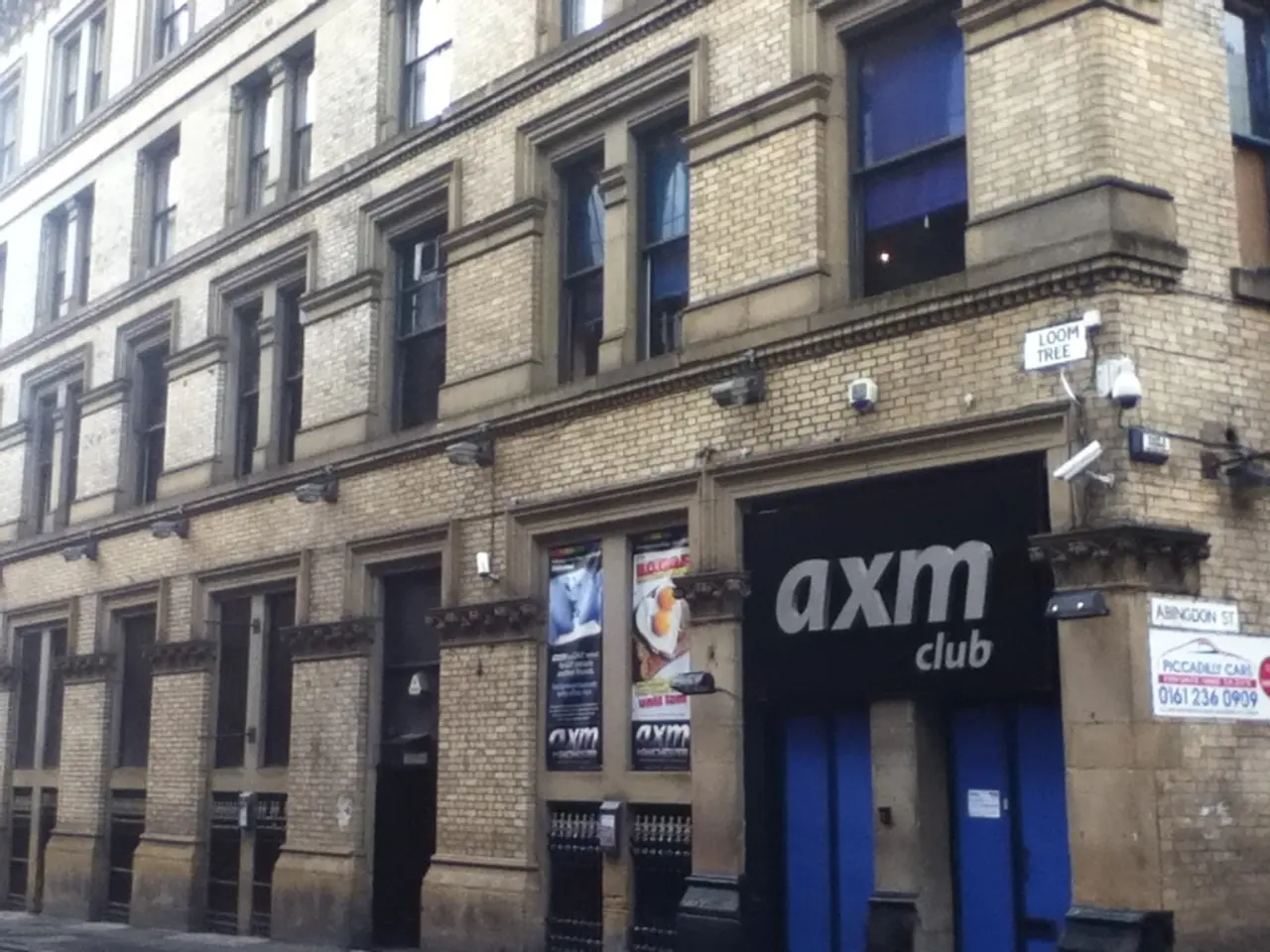Expansion of Vitalik's Gas Fee Plan: Potential Boost in Shibarium Users?
In a move aimed at enhancing Ethereum's security and predictability, Ethereum co-founder Vitalik Buterin has introduced EIP-7983, a proposal to implement a protocol-level gas cap on individual transaction usage. The proposed gas cap, set at 16.77 million (224) for each Ethereum transaction, limits the maximum gas consumed by a single transaction to about half the current block gas limit [1][2][3][4].
This stabilization and predictability on Ethereum can encourage developers and users to seek alternative layer-2 solutions that offer lower fees and faster transactions. One such solution is Shibarium, a Shiba Inu ecosystem blockchain scaling solution. With Ethereum becoming more stable and predictable but still relatively costly, projects like Shibarium become more attractive as cheaper and scalable alternatives for DeFi and dApp activities.
The gas cap aims to minimize the risk of any single transaction consuming excessive block space and straining network capacity. By forcing large complex transactions to split or become leaner, Ethereum’s network improvements indirectly support rollups and sidechains like Shibarium that aggregate transactions off-chain before committing to Ethereum. This is because such layer-2 solutions help keep transaction costs low while leveraging Ethereum’s security [1][2][3][4].
The potential acceleration of Shibarium's adoption in the broader Web3 space is a possibility due to Ethereum's gas cap. The gas cap could inadvertently drive retail users and emerging communities to platforms like Shibarium that prioritize efficiency and accessibility. New Shib Rollups have unlocked custom blockchains on Shibarium, further enhancing its appeal [1][2][3][4].
However, the Ethereum Foundation is currently under fire due to allegations of a 'secret team' (not directly related to the gas cap discussion). Despite this, the proposed gas cap aims to enhance compatibility with zkVMs by encouraging the segmentation of large transactions into smaller parts. The gas cap also promotes more balanced resource allocation across the Ethereum network [1][2][3][4].
In summary, EIP-7983’s gas cap enhances Ethereum’s security and predictability but also highlights the efficiency benefits of layer-2 platforms like Shibarium, potentially increasing their adoption among users and developers seeking scalable, cost-effective solutions.
- As Ethereum's gas cap is intended to minimize excessive transaction consumption, it indirectly supports platforms like Shibarium, which offer lower costs and scalability for DeFi and dApp activities.
- Due to the potential acceleration of Shibarium's adoption, retail users and emerging communities might be driven towards efficient and accessible platforms like Shibarium.
- The gas cap's goal to promote balanced resource allocation across the Ethereum network also highlights its compatibility with zkVMs, as it encourages the segmentation of large transactions into smaller parts.




